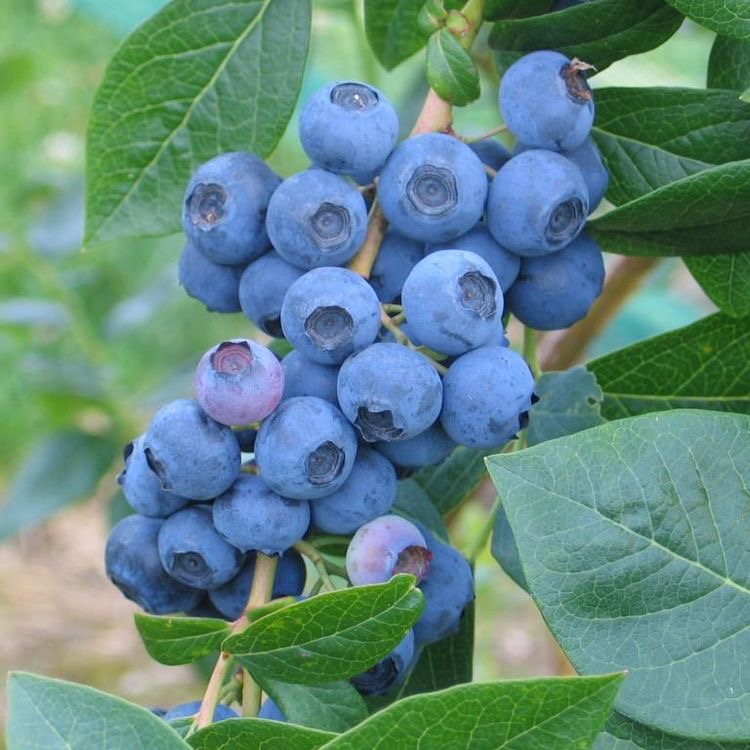
5 reasons why blueberries are an uber-fruit
Delicate, aromatic and intensely colored, blueberries are always offered as an example of a superfood. But the beneficial effects that these fruits can have on our health qualify them at a higher level, according to the latest studies.
Do you feel the need to "something good"? I know the feeling… Maybe you'll satisfy your cravings with a random snack, but if you want something really "good" (not just in terms of taste), blueberries are the answer. They contain 85% water, have only 57 Kcal/100g, are low in carbohydrates but super-rich in fiber, but especially antioxidants, being among the most valuable foods in this sense. And we need antioxidants like air, because they protect our body from free radicals, those invisible enemies that contribute to aging and the appearance of merciless diseases.
The antioxidants present in blueberries - flavonoids - are part of the polyphenol family and are those vegetable pigments responsible for the color of some fruits, leaves or vegetables. And the more intensely colored these fruits of nature are - see spinach, beetroot, tomatoes, apricots, blackberries, blueberries, but also those fruits and vegetables with very colorful skins such as cucumbers or citrus fruits -, the richer they are in flavonoids. Before you say that this thing is relative, you must know that the human body actually manifests itself due to the lack of flavonoids or vitamin P (less known, this vitamin was discovered in 1936, by Albert Szent-Gyorgyi, winner of the Nobel Prize); the symptoms are similar to those that occur in the case of vitamin C deficiency (vascular fragility, oral bleeding, dental problems, fatigue, irritability). In fact, these two vitamins act synergistically to fight cell oxidation, flavonoids also being the ones that protect vitamin C against oxidation and ensure its optimal absorption.
Studies conducted over the nearly 100 years since blueberries were documented have revealed numerous positive health effects:
- 20% mitigation of the DNA damage process,
- 27% reduction in the level of bad "LDL" cholesterol,
- lowering blood pressure and reducing the risk of heart disease,
- maintenance of brain functions and prevention of cognitive decline (dementia),
- improving memory,
- combating diabetes (due to anthocyanins in blueberries),
- preventing premature aging of the skin.
Coincidentally (or not!), the scientific name of blueberries is "Vaccinum", and their role in supporting immunity has been scientifically proven time and time again (blueberries would occupy, according to experts, the leading place in the list of fruits capable of stimulating immunity). And we don't even need to consume industrial quantities; a handful of fresh blueberries a day, a spoonful of freeze-dried fruit or, why not, a wine made from this superfruit can be the key to much-coveted health and longevity.
And when it came to wine, one of the few pleasures with benefits, according to a study to be carried out within the Institute of Food and Agricultural Sciences of the University of Florida, blueberry wine can provide more healthy compounds than white wines and many red wines, due to the fact that a greater amount of the antioxidants present in blueberries are fully assimilated during the transformation of the fruit into wine, through the fermentation process. Let's drink to it!
Discover a way to compartmentalize blueberries here.




No Comments